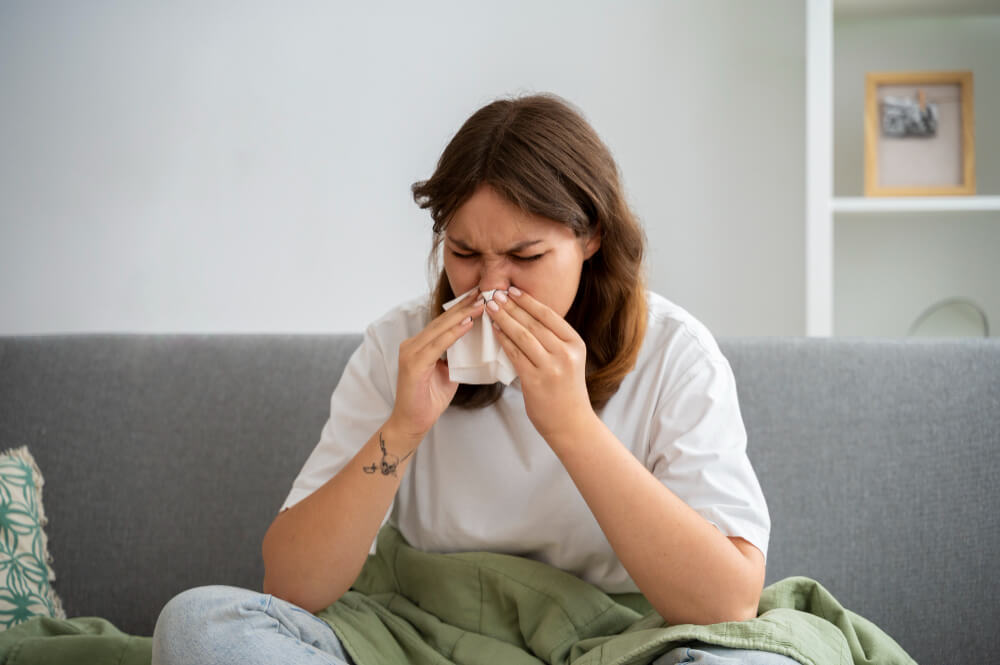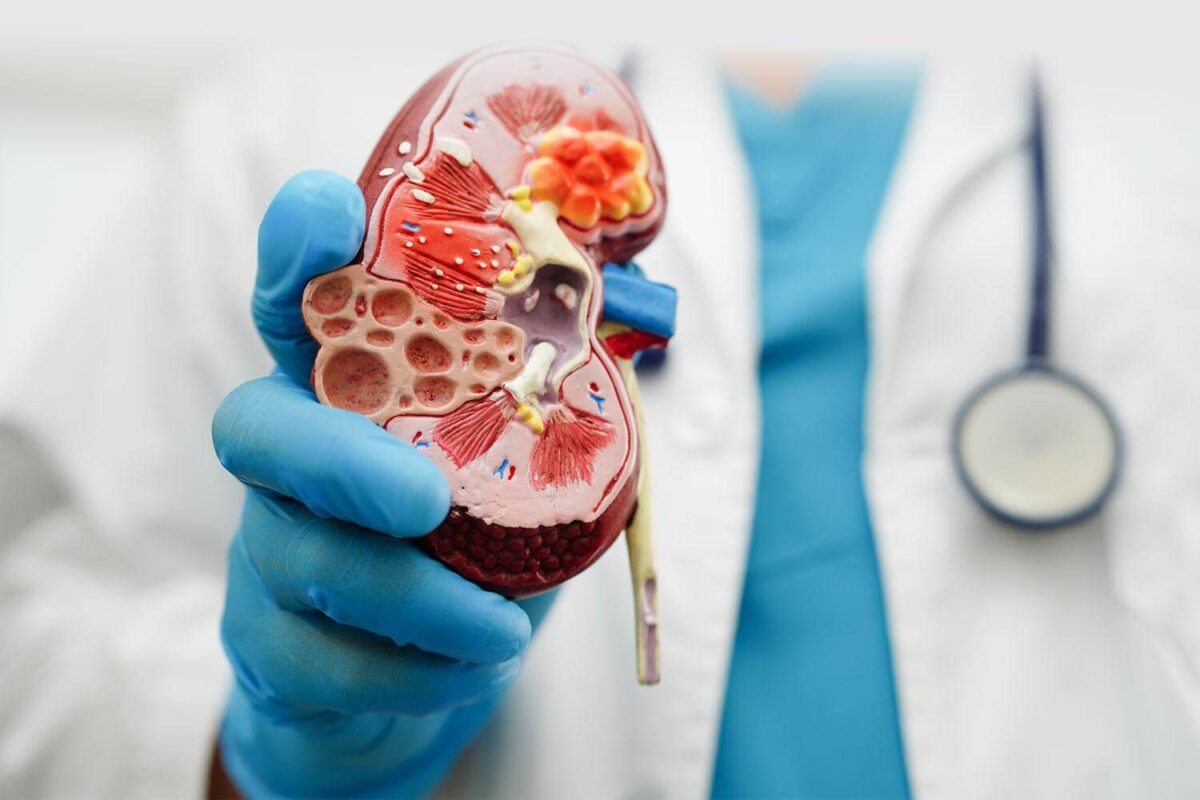Medical Weight Loss: A Comprehensive Approach to Health and Wellness
In today’s society, obesity has become a major health concern. Many people find it challenging to lose weight and maintain a healthy lifestyle. Medical weight loss programs offer a comprehensive approach to weight management, combining medical expertise with personalized support to help individuals achieve their goals.
The Benefits of Medical Weight Loss
Medical weight loss programs can provide numerous benefits, including:
- Sustainable Weight Loss Medical weight loss programs focus on long-term, sustainable weight loss rather than quick fixes.
- Improved Health Weight loss can reduce the risk of chronic diseases such as heart disease, stroke, diabetes, and certain types of cancer.
- Increased Energy Levels Losing weight can boost energy levels and improve overall well-being.
- Improved Self-Esteem Achieving weight loss goals can boost self-esteem and confidence.
- Reduced Risk of Complications Weight loss can reduce the risk of complications associated with obesity, such as sleep apnea, joint pain, and infertility.
Medical Weight Loss Programs
Medical weight loss programs typically involve a combination of the following:
- Diet and Nutrition Counseling Personalized nutrition plans to help you make healthy food choices and manage your calorie intake.
- Exercise Programs Customized exercise plans to help you burn calories and build muscle.
- Behavioral Therapy Counseling to help you identify and address behavioral patterns that may contribute to weight gain.
- Medications In some cases, medications may be prescribed to aid in weight loss.
- Medical Procedures Certain medical procedures may be recommended for individuals with severe obesity, such as bariatric surgery or endoscopic procedures.
Non-Surgical Weight Loss Options
Many Medical weight loss programs focus on non-surgical approaches to weight loss. These may include:
- Gastric Balloons A temporary balloon is placed in the stomach to help reduce appetite and promote weight loss.
- AspireAssist A device is implanted in the stomach to allow you to drain a portion of your stomach contents after meals.
- Endoscopic Sleeve Gastrectomy A minimally invasive procedure that reduces the size of the stomach.
Choosing a Medical Weight Loss Program
When selecting a Medical weight loss program, consider the following factors:
- Credentials of the Medical Team Ensure that the program is led by qualified healthcare professionals.
- Personalized Approach Look for a program that offers personalized care and support.
- Comprehensive Services Consider programs that offer a variety of services, including nutrition counseling, exercise guidance, and behavioral therapy.
- Success Rates Research the program’s success rates and testimonials from previous patients.
- Cost Consider the cost of the program and any insurance coverage you may have.
The Role of Behavioral Therapy in Weight Loss

Behavioral therapy plays a crucial role in successful weight loss. It can help you identify and address underlying psychological factors that may contribute to weight gain or make it difficult to maintain weight loss.
- Cognitive-Behavioral Therapy (CBT) CBT can help you identify and challenge negative thought patterns and develop healthier coping mechanisms.
- Motivational Interviewing Motivational interviewing can help you set realistic goals and develop a plan to achieve them.
Maintaining Weight Loss
Once you’ve achieved your weight loss goals, it’s important to maintain your progress. This may involve continued support from your healthcare provider, ongoing lifestyle changes, and ongoing monitoring of your weight and health.
- Regular Check-ups Schedule regular follow-up appointments with your healthcare provider to monitor your progress and address any challenges.
- Lifestyle Changes Continue to follow a healthy diet and exercise regularly to maintain your weight loss.
- Support Groups Connecting with others who have successfully lost weight can provide support and encouragement.
Conclusion
Medical weight loss programs can be an effective tool for achieving and maintaining a healthy weight. By working with a qualified healthcare provider and following a personalized plan, you can improve your health and well-being.
For Effective management of weight loss visit us https://scclittleelm.com/ Or https://scclittleelm.com/our-services/medical-weight-loss/



















